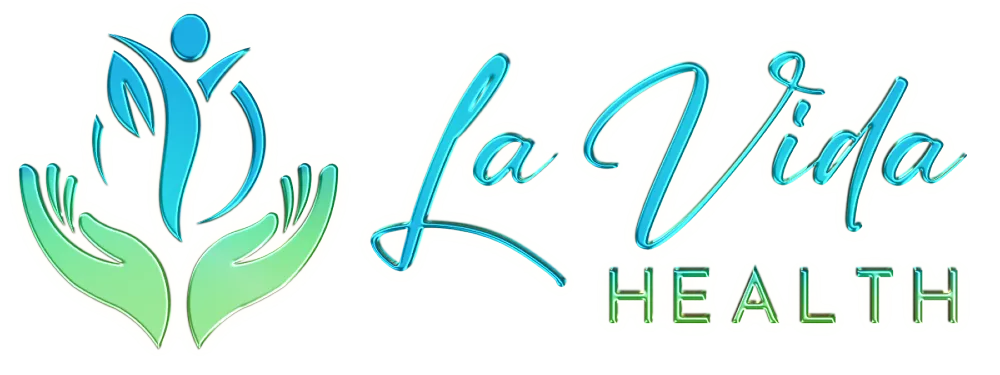Managing High Blood Pressure: Tips for a Healthier Life

- posted: Sep. 25, 2024
High blood pressure, also known as hypertension, is a common condition that can lead to serious health issues if left unmanaged. It increases the risk of heart disease, stroke, kidney damage, and other complications. However, you can effectively manage high blood pressure and improve your overall health with the right strategies and lifestyle changes. It’s important that you can keep your blood pressure under control and that high blood pressure is dealt with as soon as possible.
Dealing With High Blood Pressure
Normal blood pressure is typically around 120/80 mmHg. Hypertension is generally defined as a reading consistently above 130/80 mmHg. Regular blood pressure monitoring helps you track your progress and make necessary adjustments to your treatment plan.
Diet plays a significant role in managing blood pressure. High sodium levels can increase blood pressure. Aim to consume less than 2,300 milligrams of sodium per day, ideally, less than 1,500 milligrams if you have high blood pressure. Incorporate a variety of fruits and vegetables into your diet. These foods are rich in vitamins, minerals, and antioxidants that support cardiovascular health. Processed and packaged foods often contain high levels of sodium and unhealthy fats. Focus on fresh, unprocessed foods to better control your blood pressure.
Excess weight can contribute to high blood pressure, so managing your weight is crucial for blood pressure control. Combine a healthy diet with regular physical activity to achieve and maintain a healthy weight. Be mindful of portion sizes to avoid overeating and to help manage your weight.
Physical activity is essential for maintaining healthy blood pressure levels. The American Heart Association recommends at least 150 minutes of moderate-intensity aerobic activity or 75 minutes of vigorous-intensity exercise per week. If you choose to drink alcohol, do so in moderation. For women, this means up to one drink per day, and for men, up to two drinks per day.
Smoking is a major risk factor for cardiovascular disease and can elevate blood pressure. Chronic stress can contribute to elevated blood pressure, so managing stress is important for overall health. Engage in stress-reducing activities such as deep breathing exercises, meditation, yoga, or mindfulness. Make time for activities you enjoy and help you relax, such as hobbies, reading, or spending time with loved ones.
If your doctor has prescribed medication for your high blood pressure, it’s important that you take it as prescribed.
Contact Our Doctor Today
Keep your blood pressure under control! Contact your doctor to learn more and schedule your appointment today.

- posted: Sep. 25, 2024
High blood pressure, also known as hypertension, is a common condition that can lead to serious health issues if left unmanaged. It increases the risk of heart disease, stroke, kidney damage, and other complications. However, you can effectively manage high blood pressure and improve your overall health with the right strategies and lifestyle changes. It’s important that you can keep your blood pressure under control and that high blood pressure is dealt with as soon as possible.
Dealing With High Blood Pressure
Normal blood pressure is typically around 120/80 mmHg. Hypertension is generally defined as a reading consistently above 130/80 mmHg. Regular blood pressure monitoring helps you track your progress and make necessary adjustments to your treatment plan.
Diet plays a significant role in managing blood pressure. High sodium levels can increase blood pressure. Aim to consume less than 2,300 milligrams of sodium per day, ideally, less than 1,500 milligrams if you have high blood pressure. Incorporate a variety of fruits and vegetables into your diet. These foods are rich in vitamins, minerals, and antioxidants that support cardiovascular health. Processed and packaged foods often contain high levels of sodium and unhealthy fats. Focus on fresh, unprocessed foods to better control your blood pressure.
Excess weight can contribute to high blood pressure, so managing your weight is crucial for blood pressure control. Combine a healthy diet with regular physical activity to achieve and maintain a healthy weight. Be mindful of portion sizes to avoid overeating and to help manage your weight.
Physical activity is essential for maintaining healthy blood pressure levels. The American Heart Association recommends at least 150 minutes of moderate-intensity aerobic activity or 75 minutes of vigorous-intensity exercise per week. If you choose to drink alcohol, do so in moderation. For women, this means up to one drink per day, and for men, up to two drinks per day.
Smoking is a major risk factor for cardiovascular disease and can elevate blood pressure. Chronic stress can contribute to elevated blood pressure, so managing stress is important for overall health. Engage in stress-reducing activities such as deep breathing exercises, meditation, yoga, or mindfulness. Make time for activities you enjoy and help you relax, such as hobbies, reading, or spending time with loved ones.
If your doctor has prescribed medication for your high blood pressure, it’s important that you take it as prescribed.
Contact Our Doctor Today
Keep your blood pressure under control! Contact your doctor to learn more and schedule your appointment today.
Monday
9:00 am - 5:00 pm
Tuesday
9:00 am - 5:00 pm
Wednesday
7:30 am - 1:00 pm
Thursday
2:00 pm - 7:00 pm
Friday
9:00 am - 5:00 pm
Saturday
Appointment only
Sunday
